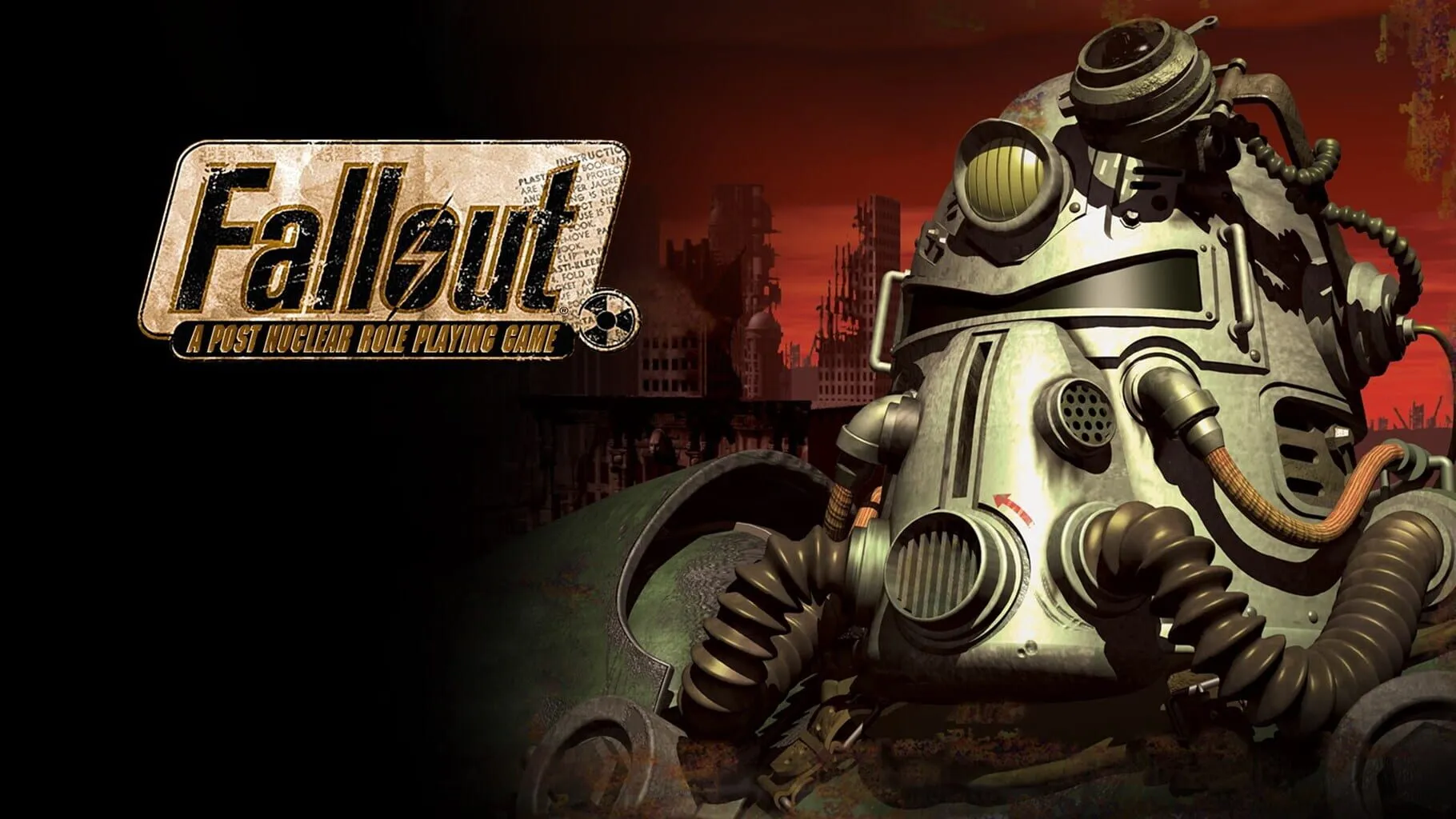Exploring the Wasteland in Bethesda’s iconic action-RPG, Fallout 3, can be a lonely endeavor. Fortunately, the game offers a roster of fascinating and diverse companions to accompany the Lone Wanderer on their quest through the ruins of post-apocalyptic Washington, D.C. This comprehensive guide will walk you through everything you need to know about recruiting, leveraging, and managing your companions in Fallout 3, ensuring that your journey through the Capital Wasteland is as rich and engaging as possible.
Finding Companions
Securing the allegiance of companions in Fallout 3 isn’t just about finding someone willing to tag along. It’s about knowing where to look and, in some cases, meeting specific requirements.
- Dogmeat: Perhaps the most iconic companion, Dogmeat, can be found roaming the scrapyard, ready to follow you after a brief encounter. No prerequisites here—just pure canine loyalty.
- Jericho: This grizzled former raider hangs his hat in Megaton. To recruit Jericho, players need a bad reputation (low Karma) and 1000 Caps.
- Star Paladin Cross: Steadfast and strong, she can be found in the Brotherhood of Steel’s Citadel. Having high Karma and completing specific story quests are prerequisites.
- Fawkes: A super mutant with a penchant for heavy weaponry and a gentle heart, found in Vault 87. Recruit him by saving his life during the main storyline.
- Butch DeLoria: The leader of the Tunnel Snakes, found in Rivet City, requires moderate Karma and completion of certain quests.
- Sergeant RL-3: A Mr. Gutsy military robot that requires no Karma level but does require the player to have a high Charisma score.
- Charon: A ghoul bodyguard who can be acquired in Underworld. He requires a purchase of his contract from Ahzrukhal.
- Clover: A slave companion found in Paradise Falls, purchasable for those with evil or neutral Karma.
Remember, you can only have one human (or human-like, in the case of ghouls and super mutants) companion and one non-human (Dogmeat or RL-3) at any time.
Companion Abilities
Each companion brings a unique set of skills and perks to the table, enhancing your gameplay and combat strategy.
- Dogmeat excels in close melee combat, perfect for distracting enemies or hunting down stragglers.
- Jericho is ideal for players preferring a more direct approach, as he’s quite handy with rifles and heavy weaponry.
- Star Paladin Cross serves as a formidable tank, absorbing damage and dishing out justice with her power armor and super sledge.
- Fawkes is perhaps the most powerful companion, wielding a gatling laser with devastating efficiency.
- Butch DeLoria is a versatile combatant, proficient with small guns and melee weapons.
- Sergeant RL-3 boasts a robust defense and a penchant for energy weapons, making him a reliable fire support.
- Charon brings a well-rounded skill set, favoring shotguns and excelling in close to mid-range engagements.
- Clover is skilled with small arms and eager to please, making her a valuable asset in any skirmish.
Companion Quests
While Fallout 3 doesn’t feature companion-specific quests in the vein of later titles in the series, interacting with and learning about your companions adds depth to their characters and enriches the narrative.
- Engaging with Charon, for example, unveils a complex backstory of slavery and revenge that can lead to morally grey choices.
- Fawkes, once rescued, offers insight into the nature of super mutants in the Capital Wasteland and provides a powerful ally in quests that follow.
- Understanding Clover’s background adds nuance to the game’s depiction of slavery and personal autonomy.
Although not quests per se, these interactions are crucial for players seeking a more immersive and emotionally resonant experience.
Managing Companions
Effectively managing companions in Fallout 3 means more than just having extra muscle; it’s about tactical positioning, gear management, and knowing when to leave a companion behind.
- Always keep an eye on your companion’s health and equipment. Regularly upgrading their weapons and armor ensures they stay useful in combat.
- Be mindful of their strengths and weaknesses. For example, don’t send Dogmeat to charge a Super Mutant Behemoth alone.
- Companions can carry items for you, but be aware of their carry weight limit. This can be especially useful for hoarding loot or carrying extra supplies.
- You can command your companions to stay put, follow, or adjust their combat tactics to suit your needs, whether you prefer them to rush into battle or hang back with ranged support.
- Understand when a companion’s presence may be a liability, such as in stealth-based missions. It’s sometimes best to go solo or choose a companion better suited for the task.
Companions and the Plot
Companions in Fallout 3 don’t just add firepower; they add color, commentary, and reactions to the world around them, making the wasteland feel more alive.
- Companions offer unique dialogue options and interactions, providing different perspectives on the player’s choices and the game world.
- Their reactions and interactions with the environment and NPCs can sometimes lead to unexpected and delightful moments, further immersing you in the rich tapestry of the Capital Wasteland.
- While they do not significantly alter the main storyline, companions can influence how certain quests unfold and end, subtly impacting the narrative experience.
In conclusion, companions in Fallout 3 offer a multifaceted enhancement to the gameplay, narrative, and exploration of the game. Whether you’re a lone wanderer by nature or someone who prefers the camaraderie of allies, understanding how to find, manage, and interact with your companions will deeply enrich your journey through the Capital Wasteland. Remember, in the bleakness of the post-apocalypse, it’s the bonds we forge that illuminate our path forward. So, choose your companions wisely, gear up, and set forth into the wasteland with your trusted allies by your side.

